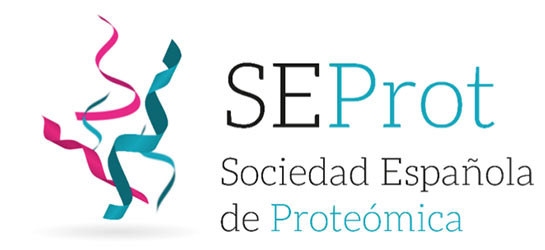Cardiovascular Risk Stratification Based on Oxidative Stress for Early Detection of Pathology
Nerea Corbacho-Alonso, Montserrat Baldán-Martín, Juan Antonio López,2 Elena Rodríguez-Sánchez, Paula J. Martínez, Laura Mourino-Alvarez, Tamara Sastre-Oliva, Martha Cabrera Eva Calvo,
Luis R. Padial, Jesús Vázquez, Fernando Vivanco, Gloria Alvarez-Llamas, Gema Ruiz-Hurtado,3 Luis M. Ruilope, and Maria G. Barderas
Antioxidants & Redox Signaling (2021); DOI: 10.1089/ars.2020.8254
Abstract:
Aims: Current cardiovascular (CV) risk prediction algorithms are able to quantify the individual risk of CV disease. However, CV risk in young adults is underestimated due to the high dependency of age in biomarker- based algorithms. Because oxidative stress is associated with CV disease, we sought to examine CV risk stratification in young adults based on oxidative stress to approach the discovery of new markers for early detection of pathology.
Results: Young adults were stratified into (i) healthy controls, (ii) subjects with CV risk factors, and (iii) patients with a reported CV event. Plasma samples were analyzed using FASILOX, a novel approach to interrogate the dynamic thiol redox proteome. We also analyzed irreversible oxidation by targeted searches using the Uniprot database. Irreversible oxidation of cysteine (Cys) residues was greater in patients with reported CV events than in healthy subjects. These results also indicate that oxidation is progressive. Moreover, we found that glutathione reductase and glutaredoxin 1 proteins are differentially expressed between groups and are proteins involved in antioxidant response, which is in line with the impaired redox homeostasis in CV disease.
Innovation: This study, for the first time, describes the oxidative stress (reversible and irreversible Cys oxi- dation) implication in human plasma according to CV risk stratification.
Conclusion: The identification of redox targets and the quantification of protein and oxidative changes might help to better understand the role of oxidative stress in CV disease, and aid stratification for CV events beyond traditional prognostic and diagnostic markers.
Enlace: DOI: 10.1089/ars.2020.8254

